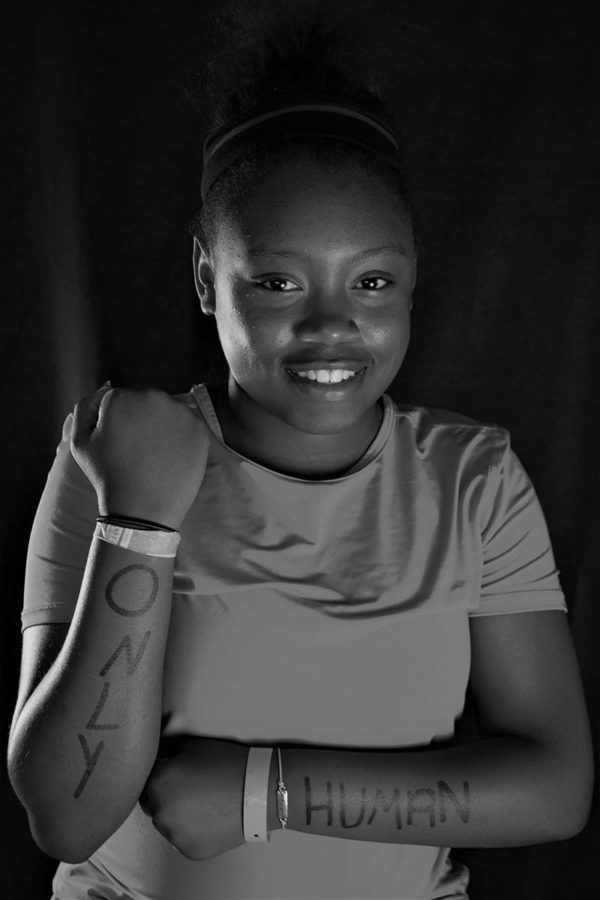Helping in youth transitioning.
 Parents and caregivers of teens living with epilepsy work to support their children as they mature. Because teens with epilepsy navigate the world in many of the same ways other teens do, they have to focus more of their energy on avoiding things that may trigger seizures. Accordingly, youth transitioning is more difficult for teens with epilepsy.
Parents and caregivers of teens living with epilepsy work to support their children as they mature. Because teens with epilepsy navigate the world in many of the same ways other teens do, they have to focus more of their energy on avoiding things that may trigger seizures. Accordingly, youth transitioning is more difficult for teens with epilepsy.
Parents and caregivers are a vital part of their teen’s health. They can support and guide their teen to learn more about having epilepsy and how to control their seizures. Independence will have lasting impacts throughout their adult life. Therefore, you should lay the groundwork for your teen to manage their own health care now.
Parents and caregivers can empower their teens to play a role in managing their health. This can be a slow process, starting around the age of 12 – 13 and expanding as a teen nears adulthood. However, you must include your teen in his or her health decisions.
Have your teen:
- Keep track of their medication adherence
- Log seizures
- Sign in for appointments
- Bring a list of medications to doctor appointments
- Report seizures to doctor
- Answer doctor’s questions
- Ask the doctor questions
- Make a Seizure Action Plan with your teen and their doctor




